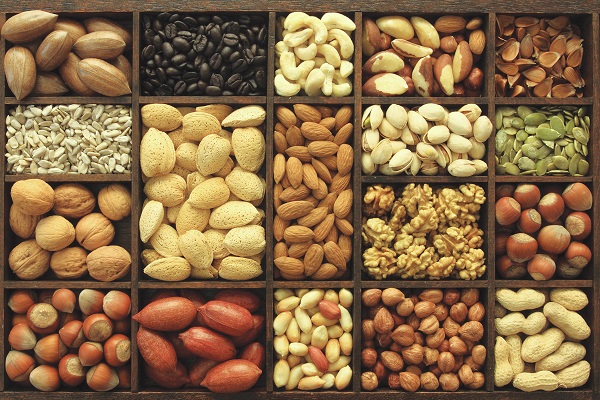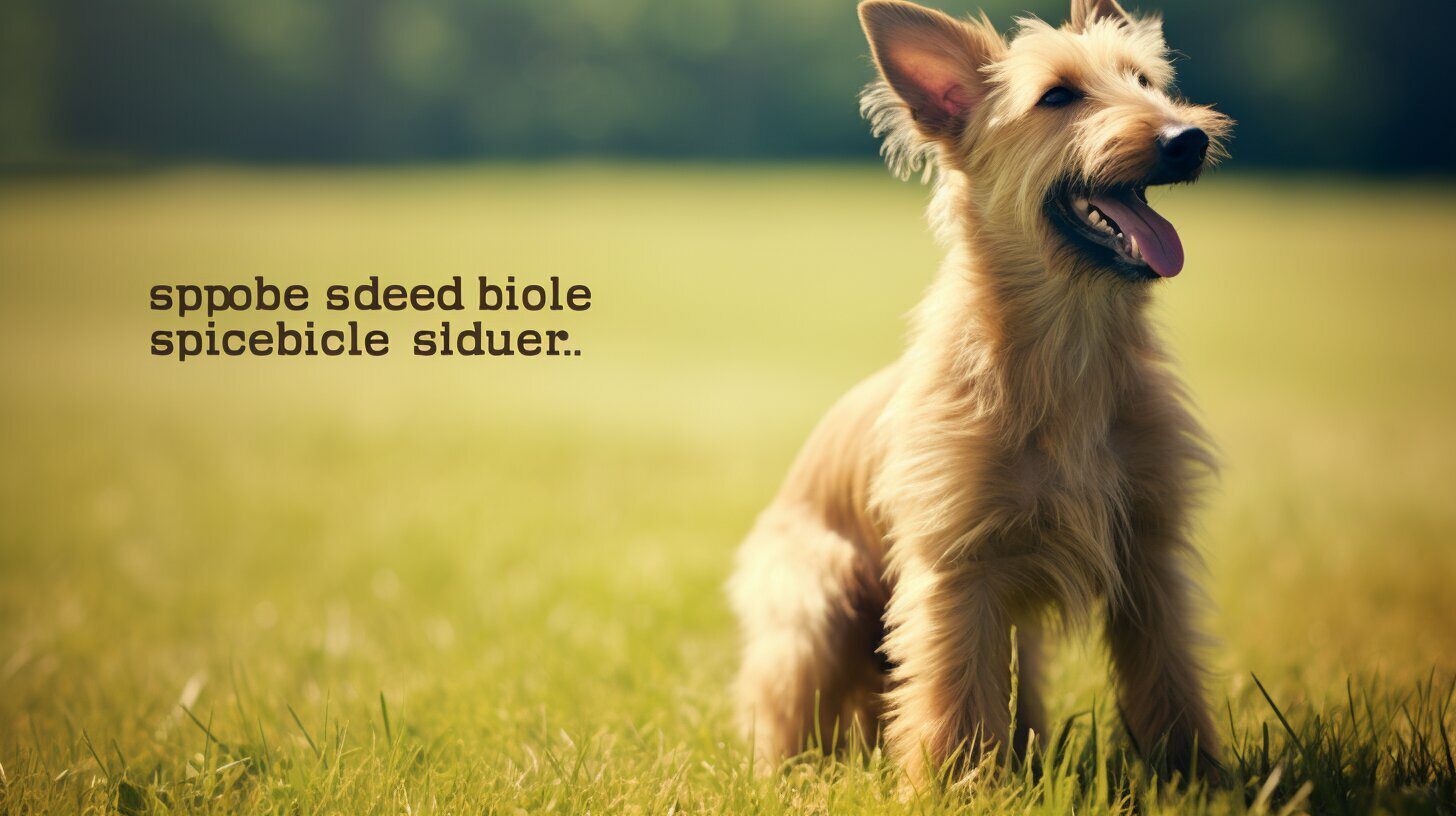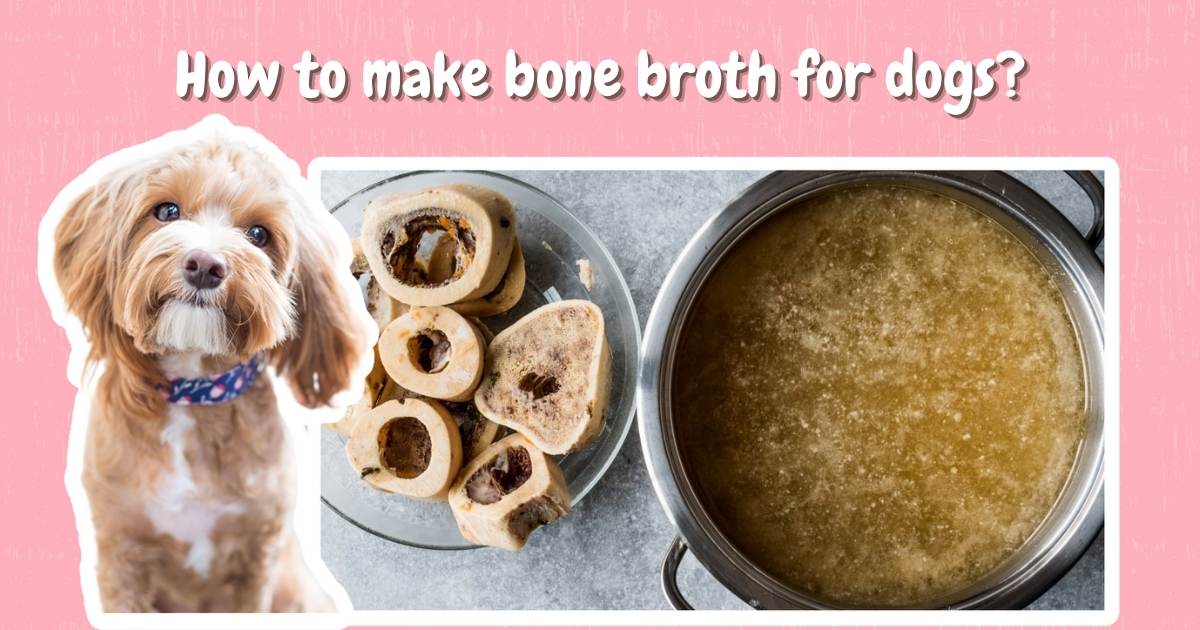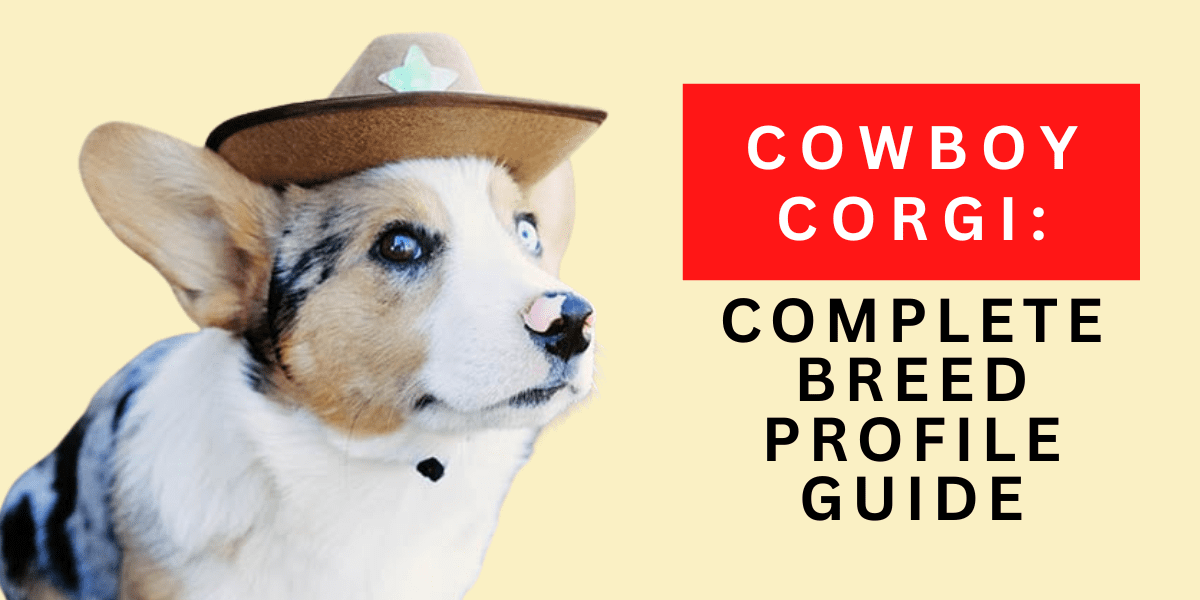As humans, we seem to have an inherent desire to share the things that give us pleasure, especially foods. With a world of information available at our fingertips, it only makes sense to inquire what human foods are safe for dogs to eat before we offer them to our pets. Dogster has looked into various food groups and asked if dogs can eat fruits, vegetables, and dairy products. Now, we turn our attention to popular snack nuts. So, what nuts can dogs eat? Can dogs eat almonds? What about peanuts, pistachios, cashews, and other nuts?
Can dogs eat nuts?
It isn’t so straightforward. Although some nuts may not contain native toxins that adversely affect dogs, the shells of all nuts present the risk of tearing tissue as they move through a dog’s digestive tract. Can dogs eat nuts out of their shells then? The meat of many nuts contains high quantities of fats that can cause upset stomachs. Many store-bought, commercially available nuts are also packaged with salt and other chemicals, which can dehydrate or even poison dogs.
Even raw nuts seem to be unwise food choices for dogs, even if they are given in moderation as treats. Old nuts that have mold on them present a whole load of other problems and should be kept away from dogs. Mold toxins can cause seizures, neurological distress, and liver problems for dogs. In fact, moldy foods of any kind or variety — no matter where they sit on any version of the food pyramid — should be disposed of properly.
What nuts can dogs eat?
1. Cashews– According to dog food brand Ollie, cashews are OK for dogs to eat in small quantities. Unsalted and unseasoned cashews only!
2. Chestnuts– The ASPCA says chestnuts are safe for dogs but may not be the best snack for dogs who eat too quickly or tend to swallow foods whole. Chestnuts could get lodged in a dog’s throat.
3. Peanuts- Plain peanuts are safe for dogs to eat. Actually, peanuts are legumes like peas and lentils. Make sure the peanuts are shelled if you’re going to toss a few to your pup. And make sure any peanut butter you give your dog doesn’t contain xylitol, an artificial sweetener that is highly toxic to dogs and potentially lethal.
4. Pecans- Dogs can eat pecans once in a blue moon. These nuts aren’t toxic, and your dog will be fine. But they have a very high-fat content, so go easy.
5. Pistachios- Pistachios can be given to dogs in small quantities. Don’t let your dog eat the shells, though. Pistachio shells present an extra choking hazard and could cut your dog’s mouth or throat.
Nuts dogs cannot eat
1. Almonds– The jury seems to be out on almonds. PetMD says they’re not technically toxic, so it’s OK to eat once in a while. But, The American Kennel Club says almonds should never become a dog treat. We think it’s best to avoid them. If your dog grabs an almond off the floor, it’s not the end of the world, but watch him carefully to make sure he doesn’t choke.
2. Brazil nuts- Due to their extremely high-fat content, it’s not advised to feed brazil nuts to dogs. Brazil nuts also pose a larger threat to smaller breeds because they could get lodged in their digestive systems.
3. Hazelnuts- Like almonds, hazelnuts are shaped in a way that makes them big choking hazards. While you don’t need to make an emergency call to your vet if your dog swipes a hazelnut, you absolutely shouldn’t make a habit of feeding them to him.
4. Macadamia nuts- Here’s a nut that is truly toxic to dogs. They can lead to tremors, weakness, paralysis, and joint inflammation. If your dog swallows or nibbles macadamia nuts, call your vet to ask what the best course of action is.
5. Walnuts- The large and irregular shape of walnut is dangerous for dogs. These nuts are major choking hazards and digestive blocks.
It is important to remember that, voracious eaters as dogs can be, they are generally much smaller than people. This means that dogs will often have trouble processing and digesting things that present humans with relatively few issues. Based on our research, it seems the best course of action when it comes to dogs is to keep them away from nuts.









